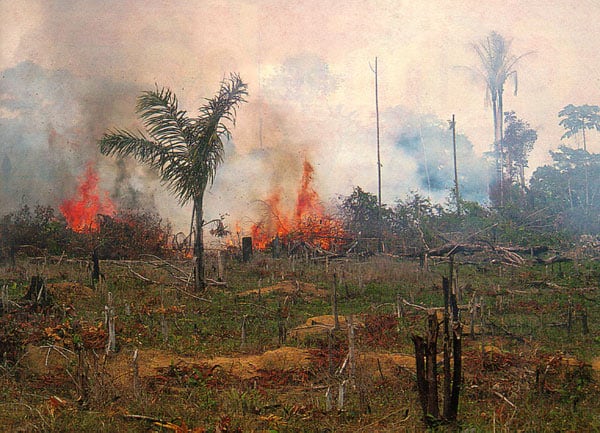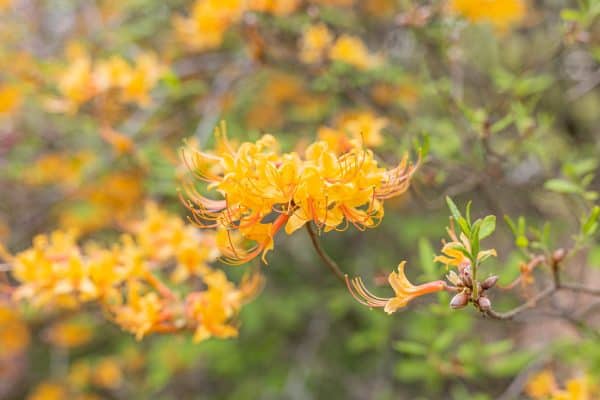Opinion: Brazil Must Stop Harming the Rainforest

Photo courtesy of Wikimedia Commons
September 10, 2019
For many years the Amazon rainforest has been known as the “lungs of the planet” due to the vast swaths of green, oxygen-producing vegetation that houses much of the world’s biodiversity. Recently, this ecological haven has been threatened by a series of intense fires stretching through Brazil’s portion of the Amazon. Brazil has been developing the rainforest for years, using a slash-and-burn technique to clear the land for cultivation, which is well within their rights as they continue to industrialize their country. However, the environmental harm caused by this development has become evident.
According to the National Institute for Space Research, which monitors controlled fires in the rainforest, there has been an 84% increase in the frequency of fires from 2018. The blazes torched the land for over three weeks, creating devastation not only within the forest but also the lands surrounding it. On August 19th, the fires were so bad that a change in the wind sent smoke traveling 1700 feet away to plunge San Paolo into darkness for an hour during the middle of the day. The international community was understandably alarmed by these developments and pushed for discussions regarding fighting these fires at the most recent G7 summit. The talks concluded with an offer of 20 million pounds in aid from the G7 countries, but the offer was met with a cold reception by Brazilian president Jair Bolsonaro, who publicly rejected the offer.
While I can understand the fear some Brazilians hold that wealthy countries are trying to keep the Amazon pristine to stymie the country’s economic growth, mass deforestation that could potentially wreak havoc on the environment we all share is not the answer. Even though Brazil uses sovereignty as an excuse to justify the actions taken on their own ground, if my neighbor were to start shooting off fireworks all throughout the day and night, it would become a problem for myself, the neighborhood and the whole city. Though Brazil houses 60% of the rainforest, the entire planet relies on the continued health of the Amazon because it has the capability to take in large amounts of carbon dioxide and greenhouse gases, cutting down on global warming.
As the rainforest shrinks, so does its ability to process the greenhouse gases in the air, leaving them with nowhere to go, which results in harmful gases becoming trapped in the atmosphere and heating up the Earth. To compound the problem, the death of the vegetation in the Amazon would also lead to billions of tons of carbon that has been stored within the plants to be released into the atmosphere. The loss of such a valuable asset to the Earth’s continued well-being would cause a climate catastrophe worldwide and further shorten the time humanity has to mitigate the effects of global warming.
Though the Amazon rainforest technically belongs to Brazil, it is in the best interest of the country, and indeed the global community, to preserve and protect it as much as possible from the effects of deforestation so it can continue to serve the Earth as it has for so many years. We can only hope that international organizations will step up to ensure the people of Brazil are provided alternatives to agricultural industry as a way of creating economic growth to allow this diverse strip of life to continue growing and changing.









